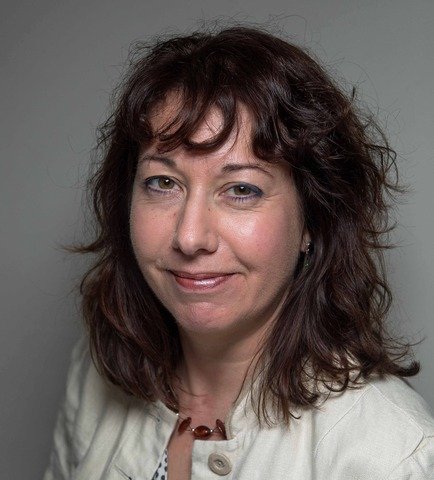We are living in unparalleled times and along with the tragic loss of life and damage to health, we’ve also seen the huge risk the pandemic poses to workers’ jobs, pay, safety and conditions.
That is why trade unions are more important than ever and I am supporting #HeartUnions week, which started on Monday (8 February).
Having worked in the trade union movement, I’ve seen first-hand the massive difference unions make for everyone at work and I urge anyone not already in a union to join. There is a union for you.
When a group of workers act and speak together, their employer has to listen, which is how unions make things better.
According to the TUC, on average, union members get higher pay than non-members. They are also likely to get better sickness and pension benefits, more paid holiday and more control over things like shifts and working hours.
This is because workers join together to negotiate pay and conditions.
We wouldn’t have basic working rights like weekends, holidays and maternity and sick pay if it wasn’t for people coming together through the trade union movement, over decades, to demand change.
Unions can push managers to make workplaces more inclusive for women, LGBTQ+ workers, black, Asian and minority ethnic workers, older workers and disabled workers.
Every year, unions train thousands of reps to spot unsafe working practices and cut accident rates. That’s why workplaces with union representation have significantly lower injury rates.
If you run into problems at work, your union has your back. Every year unions win compensation for members who suffer injuries or are treated unfairly.
Even mentioning to a bullying boss that you plan to talk to your union can see their behaviour change very quickly.
Trade unions have dedicated representatives and thriving branches in Brighton and Hove and they are sustaining their work with members despite the current situation.
I want to thank and pay tribute to all of the trade union representatives out there for the hard work you do on behalf of others.
Everyone deserves the right to representation in the workplace and your Labour councillors will continue the tradition of taking trade union voices from the streets of our city into the heart of Westminster. After all, that’s how the Labour Party started.
Councillor Nancy Platts is the leader of the Labour opposition on Brighton and Hove City Council.









Isn’t Labour/Momentum mainly financed by the unions, and isn’t Nancy herself a paid up member of the GMB?
Maybe Ms Platts could stop worrying about national issues and get back to concentrating on city matters.
But thanks for the party political advert.
She probably is. No doubt she is keeping busy considering renaming Churchill Square, adding more cycle lanes with hideous poles around the city, raising the cost of parking, as well as fines, inviting more homeless and beggars, and other such important issues.
Five minutes’ research would allow you to discover that Churchill Square was so named because it was at the bottom of Church Hill: but yeah, you carry on with your Chicken Licken fantasy that “they” are trying to cancel history, sweetie x
When the leader of the House of Commons is debating whether beans on toast is better than beans on Weetabix and tells us that ‘…no, he prefers old Nanny’s marmalade,’ this, remember, is with 100100 dead from the pandemic; you can bet your bottom dollar on needing Trade Unions.
Are any of Her fellow Councillors members of the Cooperative Party.
I know that it’s bit off the original subject but I was intrigued by Fishwife 49s comments. Spending slightly more than five minutes I checked the Brighton council and Argus archives, the Encyclopaedia of Brighton, Wikipedia and a couple of local history websites which all agreed that Churchill square was indeed named after the wartime prime minister who was also a freeman of Brighton.
The road once named Church Hill Road ran between Upper North Street and the Seven Dials and not down towards where Churchill square is now and had been renamed as part of Dyke Road by the late 19th century – well before anyone thought of naming the shopping centre started in the late 1960s.